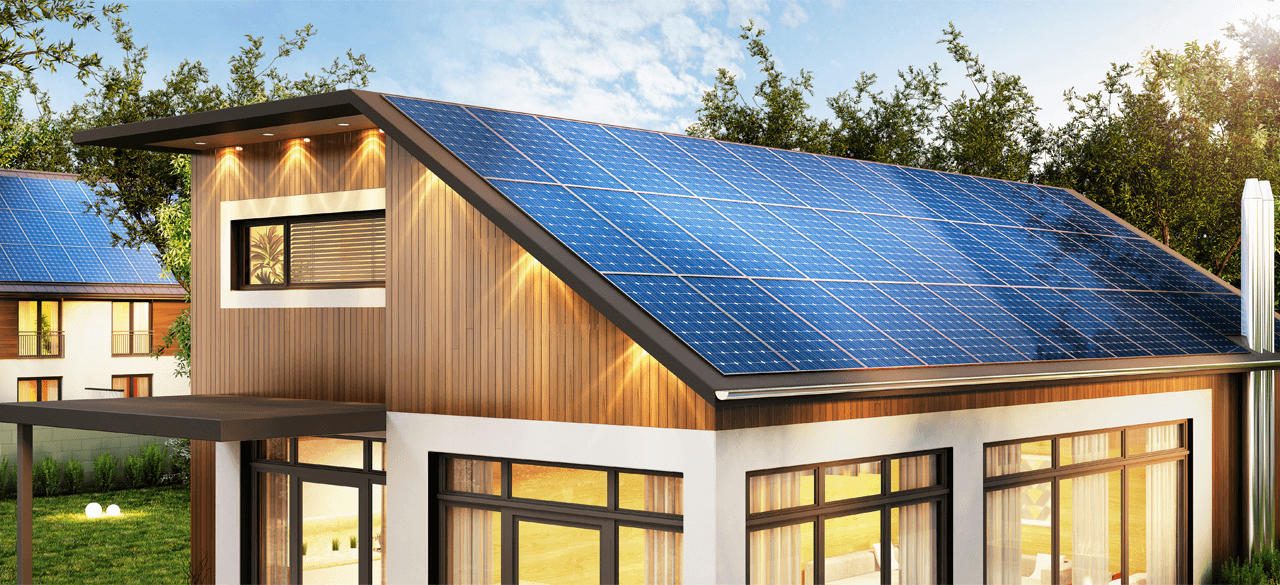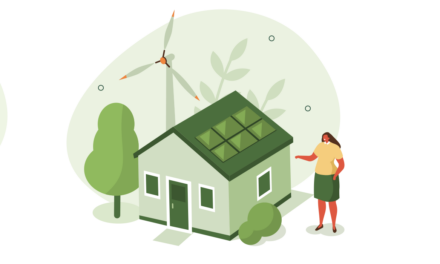As the world shifts towards renewable energy sources, solar panels have become a top choice for homeowners aiming for eco-friendliness and sustainability. Here’s what you need to know:
- Benefits of Solar Panels:
- Reduced Energy Bills: One of the most immediate benefits of installing solar panels is the drastic reduction in electricity bills. Depending on your location and the efficiency of your panels, you might even produce more electricity than you consume, leading to credits on your bill.
- Decreased Carbon Footprint: Solar panels produce clean, green energy. By transitioning to solar energy, a household can reduce its carbon footprint, helping combat greenhouse gas emissions and global warming.
- Increased Property Value: Homes equipped with solar panel systems have higher property values and tend to sell more quickly than those without.
- Energy Independence: With solar panels, you’re less dependent on the grid, meaning fewer chances of experiencing blackouts or brownouts. Moreover, you’re protected from rising energy costs.
- Drawbacks of Solar Panels:
- High Initial Costs: The initial investment for solar panels, including installation, can be high. However, the return on investment over time, combined with potential tax credits and incentives, can make it worthwhile.
- Weather Dependent: Solar panels require sunlight to generate electricity. This means their efficiency can be affected by cloudy or rainy days. The seasonal variation in sunlight can also influence energy production.
- Space Requirements: Large solar panel systems require significant space. While roofs are the most common location, some homes might not have a suitable roof orientation or size.
- Maintenance: While solar panels generally require minimal maintenance, they do need occasional cleaning and inspections to ensure optimal performance.
Conclusion
Solar panels represent a significant step towards a more sustainable and eco-friendly future. However, it’s essential to consider both their benefits and potential limitations when deciding to invest in them. As with any major decision, thorough research and understanding your specific needs and circumstances will guide you in making the best choice for your home.






